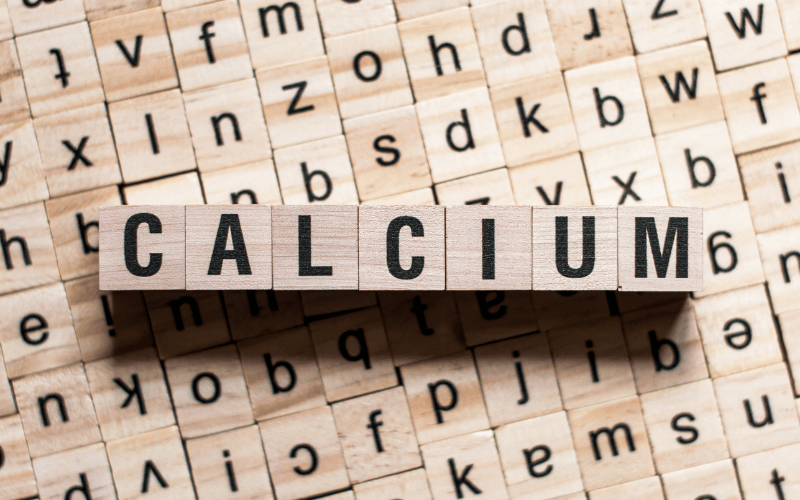Sign 9: High Levels of Calcium in the Blood

It’s fascinating, and equally alarming, how multiple myeloma has the ability to influence various physiological aspects. Calcium is an essential mineral, aiding in bone health and playing a pivotal role in various bodily functions. However, when its levels rise abnormally in the blood, it’s cause for concern.
As multiple myeloma progresses, it leads to the breakdown of bones at an escalated rate. This isn’t just problematic from a structural viewpoint, but it also results in the release of stored calcium into the bloodstream. The influx of this mineral beyond optimal levels can disrupt various bodily functions.
High calcium levels in the blood, medically termed hypercalcemia, can lead to an array of symptoms. These include excessive thirst and urination, stomach pain, severe constipation, nausea or even mental confusion. It’s a classic case of something beneficial turning harmful when in excess.
Hypercalcemia isn’t just about a temporary discomfort. If these elevated levels persist, it can strain the kidneys, which now have to process and eliminate this surplus calcium. Over time, this can lead to kidney stones or even more severe kidney complications.(9)